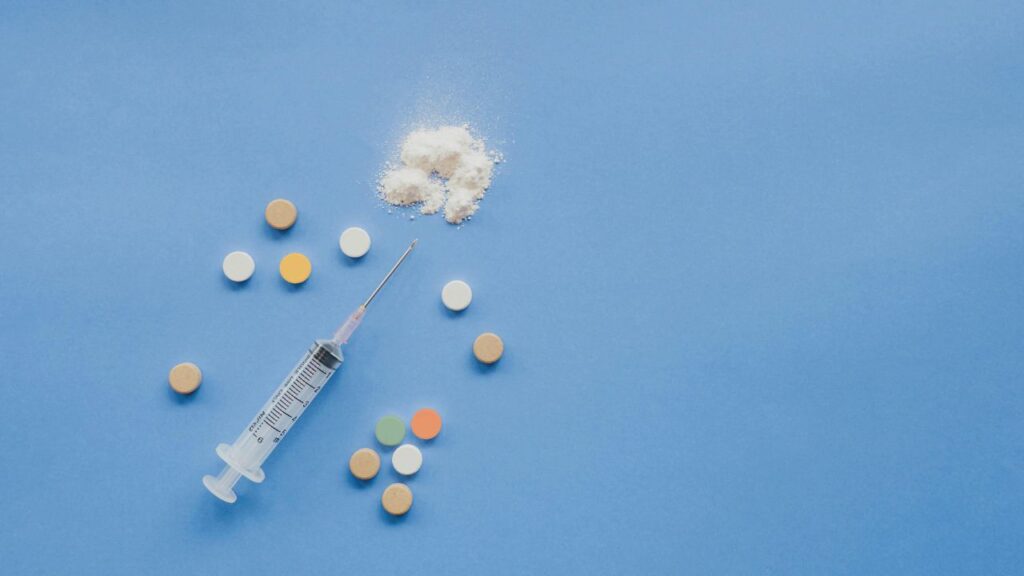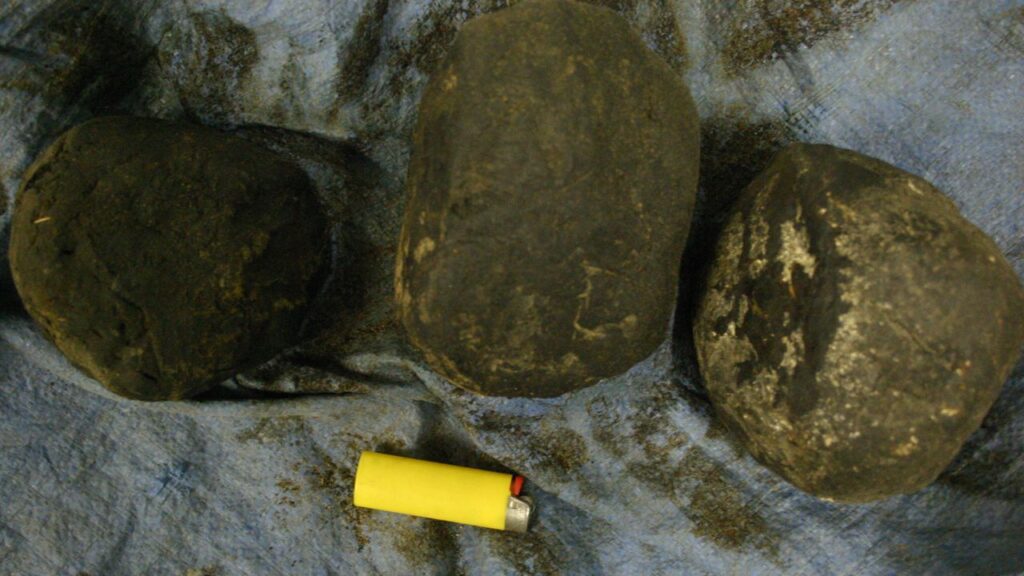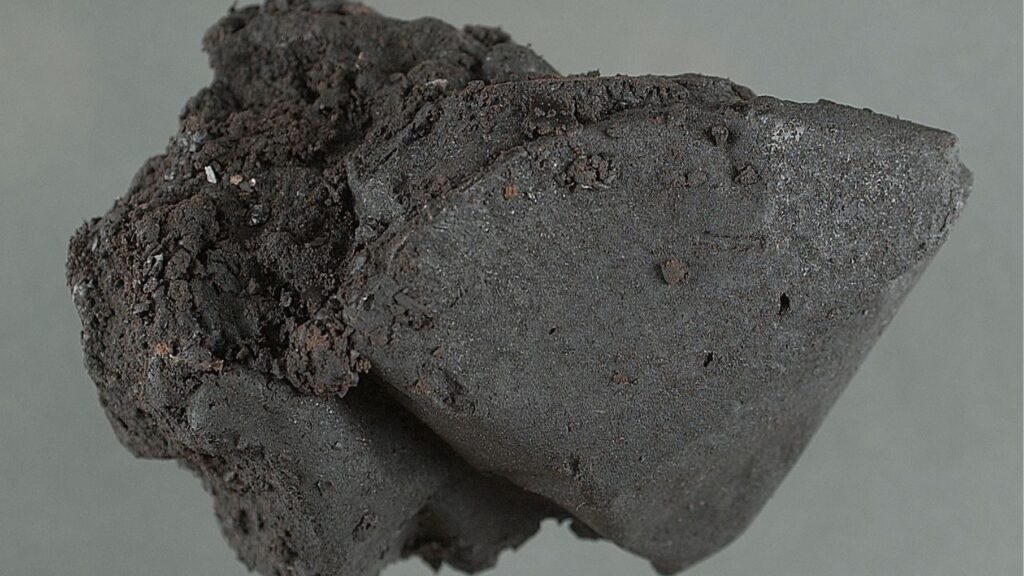Black tar heroin, a potent and illicit opioid, has been a persistent challenge in the battle against drug addiction across the United States, including Ohio. This dark, sticky substance, resembling roofing tar, is a form of heroin that is crudely processed and contains a high level of impurities. Its appearance and texture can vary from a hard, coal-like form to a sticky, gooey substance, depending on its manufacturing and storage conditions. Due to its high morphine content and the presence of other opioids, black tar heroin is highly addictive and poses severe risks to its users.
Understanding Black Tar Heroin
Originating from opium poppy plants, heroin undergoes several chemical modifications before it becomes the substance sold on the streets. Black tar heroin is primarily produced in Mexico and trafficked into the U.S., where it has become particularly prevalent in the western states but is also available throughout the country, including Ohio. Its color and consistency result from the crude processing methods used to extract heroin from morphine, leaving behind various impurities.

The Risks of Using Black Tar Heroin
The use of black tar heroin carries significant health risks, both from the drug itself and the methods by which it is typically administered. Users often inject the drug, which can lead to a host of additional problems, including:
- Infections: The injection of black tar heroin can cause serious bacterial infections, including skin and soft tissue infections. The impurities in the drug can also lead to clogging of blood vessels, leading to organ damage.
- Overdose: Heroin is a potent opioid, and users are at a constant risk of overdose, which can be fatal. The risk is exacerbated by the variability in the drug’s purity and strength.
- Addiction: Heroin is highly addictive, and users can develop a dependence after just a few uses. Addiction to heroin can lead to a cycle of use and withdrawal that is difficult to break without professional help.
- Spread of Disease: Sharing needles and other injection equipment can spread diseases such as HIV and hepatitis C among users.
Why Getting Help for Heroin Addiction Is Important
Overcoming heroin addiction is a challenging journey that often requires professional intervention. The addictive nature of heroin means that individuals trying to quit will likely face intense withdrawal symptoms, making the process difficult to manage without support. Treatment for heroin addiction typically involves a combination of medication-assisted treatment (MAT), counseling, and support groups, which can offer a comprehensive approach to recovery.
- Medication-Assisted Treatment (MAT): MAT uses medications, such as methadone or buprenorphine, to reduce withdrawal symptoms and cravings, making it easier for individuals to focus on recovery.
- Counseling and Behavioral Therapies: These therapies help individuals understand the root causes of their addiction, develop coping strategies, and build a supportive network.
- Support Groups: Groups like Narcotics Anonymous provide a community of individuals who are facing similar challenges, offering support and encouragement through the recovery process.

Get Help Today
If you or someone you know is struggling with addiction to black tar heroin, it’s crucial to seek professional help. At The Bluffs Addiction Campuses in Ohio, we offer a compassionate, comprehensive approach to addiction treatment, tailored to each individual’s needs. Our team of experts is dedicated to supporting you through every step of your recovery journey.
Don’t let heroin control your life any longer. Call us today at 330-919-9228 to start your path to recovery. Together, we can overcome addiction and build a healthier, drug-free future.







